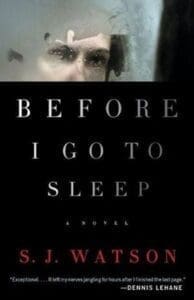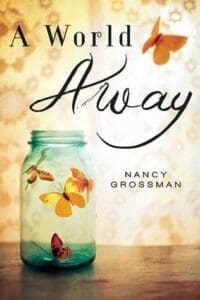The Birth House by Ami McKay -382 pages
Book Blurb:
The Birth House is the story of Dora Rare, the first daughter to be born in five generations of the Rare family. As a child in an isolated village in Nova Scotia, she is drawn to Miss Babineau, an outspoken Acadian midwife with a gift for healing and a kitchen filled with herbs and folk remedies. During the turbulent first years of World War I, Dora becomes the midwife’s apprentice. Together, they help the women of Scots Bay through infertility, difficult labors, breech births, unwanted pregnancies and even unfulfilling sex lives.
But when Gilbert Thomas, a brash medical doctor, comes to Scots Bay with promises of fast, painless childbirth, some of the women begin to question Miss Babineau’s methods and after Miss Babineau’s death, Dora is left to carry on alone. In the face of fierce opposition, she must summon all of her strength to protect the birthing traditions and wisdom that have been passed down to her.
My Review: 4 stars
The Birth House is one that will transport you to Nova Scotia into the live of a rising midwife. No clue how I happened upon this book, but I’m so glad I did. This novel of early feminism, midwifery, women’s rights, magic and religion during the early 1900’s are so fascinating to me. Midwifery in this small town in Nova Scotia is put to the test by modern medicine and a new doctor that tries to convert women against having babies at home. This is the second book (the former being An Inconvenient Wife by Megan Chance) that I’ve read of women’s hysteria that was solved by the magic of a vibrator. The author has a page on her website explaining the early history of the vibrator as well as as quiz that measures your level of hysteria. It includes headaches, writing cramps and forgetfulness as sure signs. This novel is also a testament to women’s friendships and the bonds and secrets they share. Interestingly, the author writes this book based on her move to Nova Scotia and learning that the house she bought with her partner happened to be a “birth house” in the early 20th century.

















